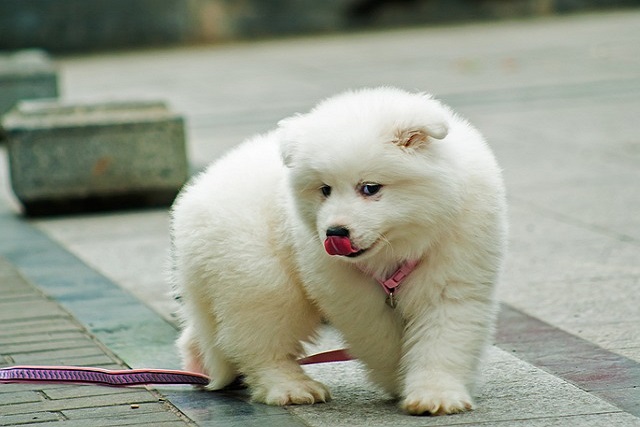
How do i train my dog to be obedient?
Watching your dog dart across the park ignoring your calls isn’t just frustrating—it can put them at risk near busy streets or public spaces.
You're on the floor playing with your new puppy when—ouch!—those needle-sharp teeth sink into your hand again. As you wonder whether this phase will ever end, let's separate fact from fiction about play biting and what you can realistically expect as your dog matures.
The short answer? Most dogs do grow out of excessive play biting—but only if properly guided. Puppies explore the world with their mouths (just like human babies), and those painful nips at 12 weeks are actually important for developing bite inhibition. The critical window is between 3-6 months when they learn from feedback—which is why how you respond matters tremendously. When your puppy bites too hard during play, try the "ouch and freeze" method: Yelp sharply (like another puppy would), immediately stop all play for 30 seconds, then redirect to an appropriate chew toy. This mimics how littermates teach each other boundaries.
But here's what many owners miss: The goal isn't to eliminate mouthing entirely (some breeds like retrievers naturally carry objects gently in their mouths), but to teach control. That excitable Labrador who mouths your sleeves during fetch at the park? He needs structured retrieve games with clear rules, not punishment. Studies show puppies who learn bite inhibition through positive reinforcement are 75% less likely to develop problematic biting as adults. Keep frozen washcloths handy for teething periods—the cold soothes gums better than your fingers ever could.

Cultural must-knows: In many U.S. cities like Seattle and Portland, leash laws apply even during play—so if your adolescent dog gets mouthy at the dog park, you may need to temporarily switch to leashed interactions. Never use physical corrections like hitting or muzzle holds; modern trainers emphasize this actually increases mouthing behavior by 40%. Instead, reward "four on the floor" (all paws down) during greetings with high-value treats. And remember—those vaccination records need to stay current, especially if puppy play biting accidentally breaks skin during socialization classes.
Apartment dwellers face special challenges: That 6 a.m. play bite when your shepherd mix gets overexcited can strain neighbor relationships fast. Create a "mouthing station" with approved chew toys in every room, and use baby gates to enforce calm time. For small-space play, teach "gentle takes" by offering treats from flat palms—this prevents accidental finger nips. And invest in white noise machines; they help mask those inevitable frustrated yips during training sessions in close quarters.
When to worry? If your dog still play bites intensely after 8 months, or targets faces/hands aggressively, consult a certified trainer. Some herding breeds (like Australian Shepherds) retain stronger mouthing instincts into adulthood and need job-specific outlets. Rescue dogs who missed early socialization may require specialized bite inhibition rehabilitation using stuffed Kongs and tug toys with clear release cues.
The truth is, while most dogs naturally reduce play biting as they mature (typically by 12-18 months), they don't simply "grow out of it" without proper guidance. Your consistency during those puppy months determines whether those playful nips turn into gentle mouthing or disappear altogether. And that once-painful biter? With patience, they'll likely become the dog who ever-so-carefully takes treats from your fingers—even if they still "talk" to their favorite toys at 3 AM.

Watching your dog dart across the park ignoring your calls isn’t just frustrating—it can put them at risk near busy streets or public spaces.

New puppy owners often find themselves rushing to clean up accidents before they set in, and that’s where puppy pad training becomes a game-changer.

If you've noticed your dog's waistline disappearing and your veterinarian has mentioned those few extra pounds, your first instinct might be to simply reduce the amount of food in their bowl.

Training a dog to use a designated spot indoors isn’t as daunting as many new owners fear, but it does take consistency and an understanding of your pet’s needs.

That moment of dread on a walk is all too familiar for many new dog owners. You see another dog approaching down the sidewalk of your neighborhood

If the sight of another dog on your neighborhood walk makes your heart sink as your own dog erupts into a frenzy of barking and lunging, you're not alone.